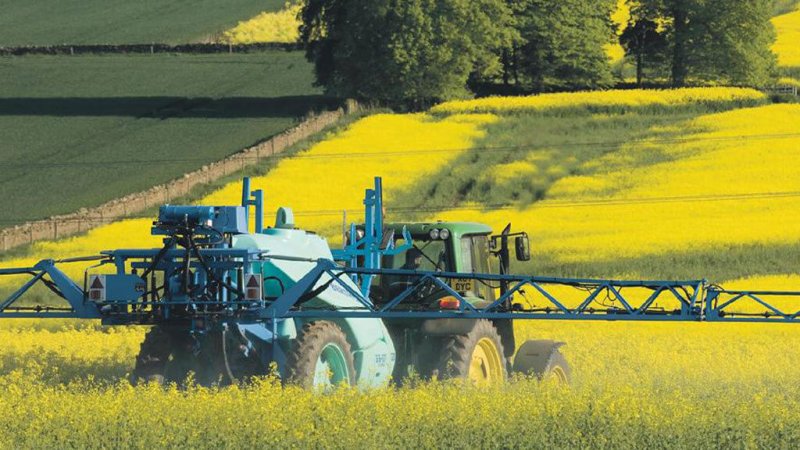The EU has been criticised after a new legal analysis showed it had allowed scores of “emergency authorisations” of banned pesticides that threaten bee colonies.
The research emerged as the European court of justice began hearing a case by Syngenta and Bayer to overturn the pesticides ban. A ruling is expected shortly.
Three neonicotinoid pesticides were outlawed in Europe in 2013, following analysis – since confirmed by the pesticide industry’s own research – that they posed a grave risk to bee populations.
“Limited and controlled” exceptions to the ban were permitted for emergencies, where pest outbreaks posed an imminent economic danger that could not be treated any other way.
In those conditions, countries could notify Brussels that they were exercising a derogation and provide their justifications for scrutiny. In practice though, that scrutiny was lacking, according to ClientEarth.
…
Most worrying for environmentalists, … 44% of requests for derogations were filed solely by pesticides manufacturers, trade associations or seed producers. Only 14% were filed without any industry involvement.
…
Romania was the leading EU applicant for derogations, with 20 notifications, closely followed by Finland with nine, and Estonia with three. The UK notified Brussels of three emergency authorisations.
The GLP aggregated and excerpted this blog/article to reflect the diversity of news, opinion, and analysis. Read full, original post: EU criticised for ’emergency authorisations’ of banned bee-harming pesticide































